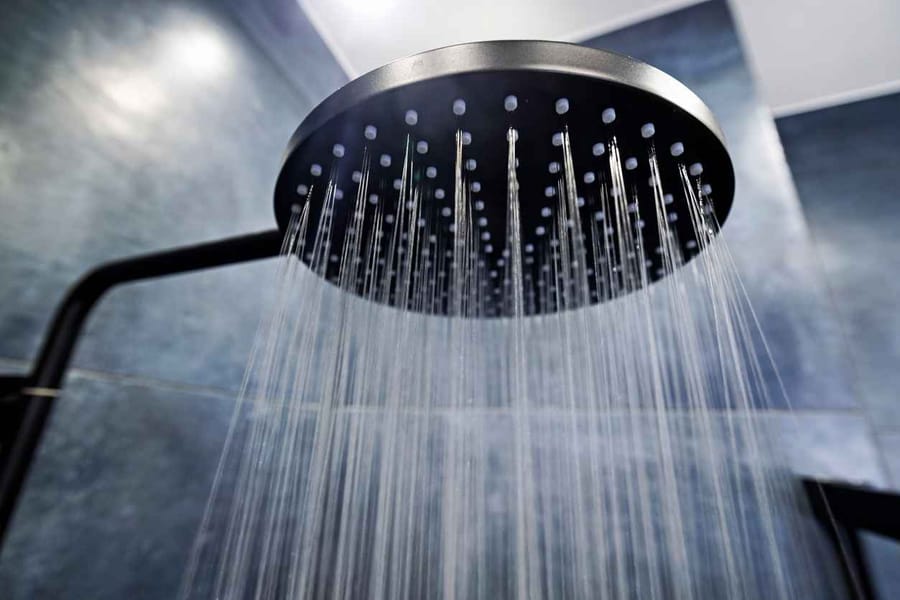absolute plumbing Inc.
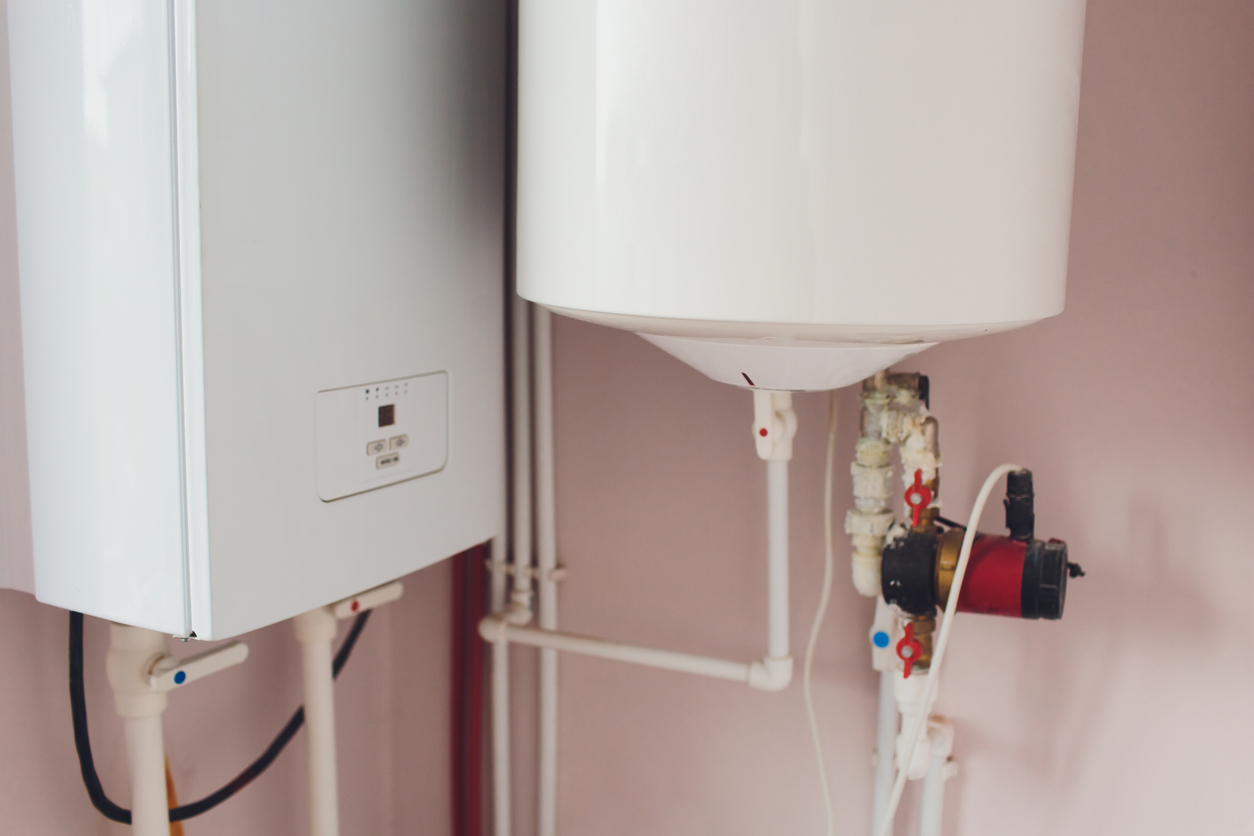
Tankless Water Heater vs. Tank Water Heater
When it comes to selecting the right water heater for your home, the choice often boils down to a tankless water heater vs. tank water heater. Both types have their advantages and potential drawbacks, making the decision a critical aspect of home maintenance and efficiency. In this comprehensive guide, we’ll explore the differences between tankless and tank water heaters, helping you decide which option best suits your household’s needs.
Understanding Tankless Water Heaters
Efficiency and Operation
Tankless water heaters, also known as on-demand water heaters, provide hot water only as it is needed. Unlike traditional tank water heaters that store and continuously heat water, tankless units heat water directly without the use of a storage tank. When a hot water tap is turned on, cold water travels through a pipe into the unit, where it is heated by either an electric element or a gas burner. This process ensures that hot water is always available without the standby energy losses associated with storage water heaters.
Space Savings and Longevity
One of the most significant advantages of tankless water heaters is their compact size. These units can be mounted on a wall, freeing up valuable floor space in your home. Additionally, tankless water heaters generally have a longer lifespan, lasting up to 20 years or more with proper maintenance, compared to 10-15 years for tank water heaters.
Cost Considerations
Initially, tankless water heaters tend to be more expensive than their tank counterparts. The installation process can also be more complex and costly, especially if retrofitting is involved. However, the energy savings over time can offset the higher upfront costs, making them an economically sound choice in the long run.
Understanding Tank Water Heaters
Simplicity and Lower Initial Cost
Tank water heaters are the traditional choice for many homes. These units heat and store a large volume of water in an insulated tank, ensuring that hot water is readily available when needed. The technology is simpler and typically less expensive to purchase and install than tankless systems.
Consistent Hot Water Supply
For households with high hot water demands, tank water heaters can be more beneficial. They provide a large amount of hot water that can be dispersed throughout the home simultaneously, which is ideal for families or situations where multiple hot water outlets are used at the same time.
Energy Use and Efficiency
The primary drawback of tank water heaters is their energy efficiency. Since water is heated and stored, energy is continuously used to maintain the water temperature, leading to higher utility bills. This is often referred to as “standby heat loss.”
Comparing the Benefits and Drawbacks
Energy Efficiency and Utility Costs
When comparing tankless vs. tank water heater options, tankless models are generally more energy-efficient. According to the U.S. Department of Energy, tankless water heaters can be 24% to 34% more energy efficient than traditional tank water heaters for homes that use 41 gallons or less of hot water daily. However, for homes that use a lot of hot water—around 86 gallons per day—tankless water heaters can still be 8% to 14% more energy efficient.
Installation and Maintenance
Installation complexity and cost are also crucial factors. Installing a tankless water heater involves an initial higher investment and possibly upgrading your home’s electrical system or gas lines. Maintenance-wise, tankless models may require more regular attention, especially in hard water areas to prevent scale and ensure efficiency.
Environmental Impact
Tankless water heaters are often highlighted for their reduced environmental impact. By providing hot water on demand, they avoid the energy wastage associated with keeping a tank of water heated at all times. This feature not only conserves energy but also reduces the household’s carbon footprint.
Choosing the Right Water Heater for Your Home
- Evaluate your hot water usage: Consider the size of your household and your daily hot water needs.
- Budget considerations: Determine your budget for both upfront costs and long-term savings.
- Space availability: Assess the space available for installing a new water heater, as tankless models require less space.
- Future needs: Consider whether your water usage might increase in the future, such as through family expansion or additional bathrooms.
Conclusion: Tankless vs. Tank Water Heaters
Deciding between a tank vs. tankless water heater involves considering various factors, including efficiency, cost, space, and your household’s hot water needs. While tankless water heaters offer long-term savings and space efficiency, traditional tank water heaters are valued for their simplicity and reliable supply of hot water.
For more personalized advice and installation services, contact Absolute Plumbing. We provide expert plumbing solutions across Lantana, Trophy Club, Coppell, The Colony, Farmers Branch, Southlake, and Denton. Whether you are considering an upgrade to a tankless system or need repairs on your traditional tank water heater, our team is here to ensure your home enjoys efficient and reliable hot water. Reach out today for all your plumbing needs!
Recent News
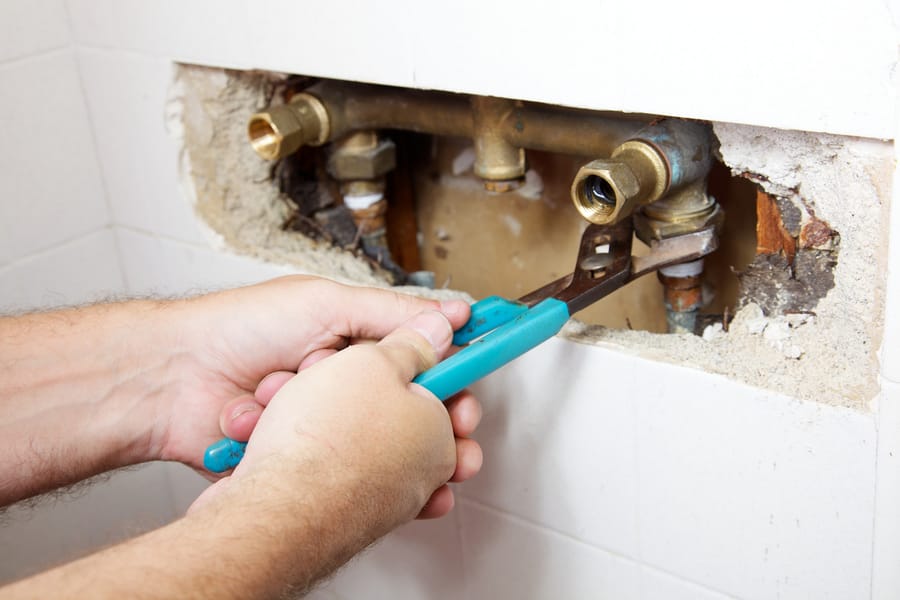
The Cost of Delay: How a Small Spring Leak Becomes a Summer Foundation Repair
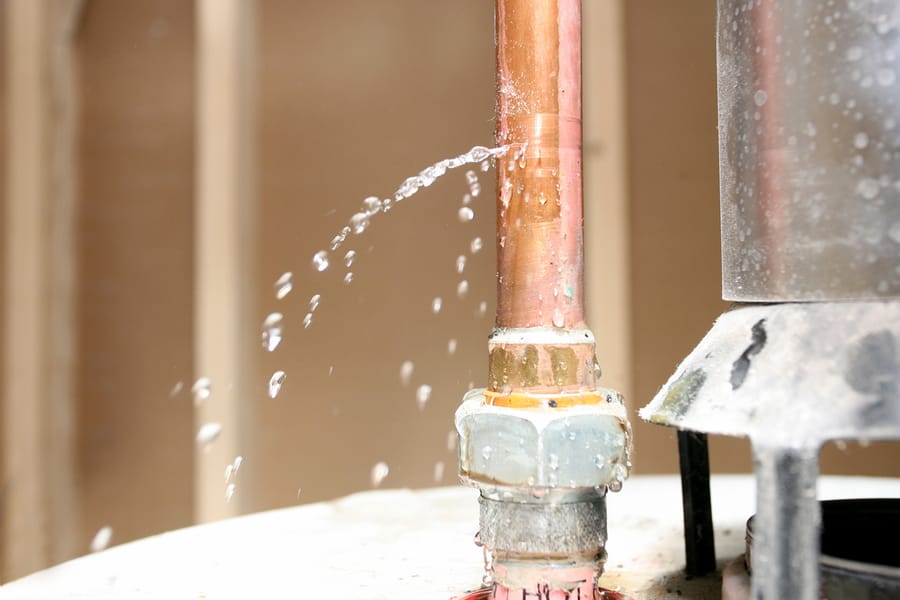
Why North Texas Homes Experience More Pipe Leaks in Winter and Early Spring
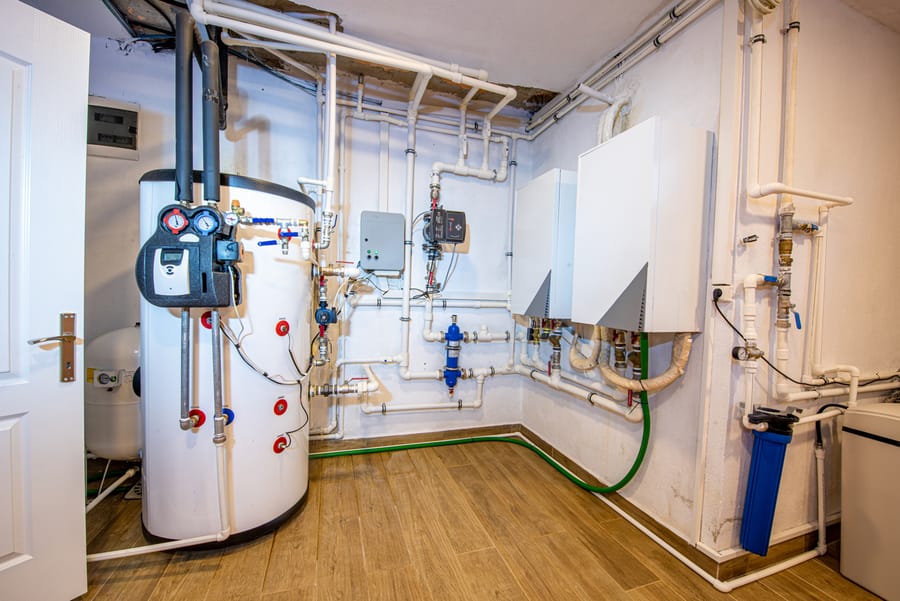
Why Your Water Heater Struggles More During Winter in Flower Mound
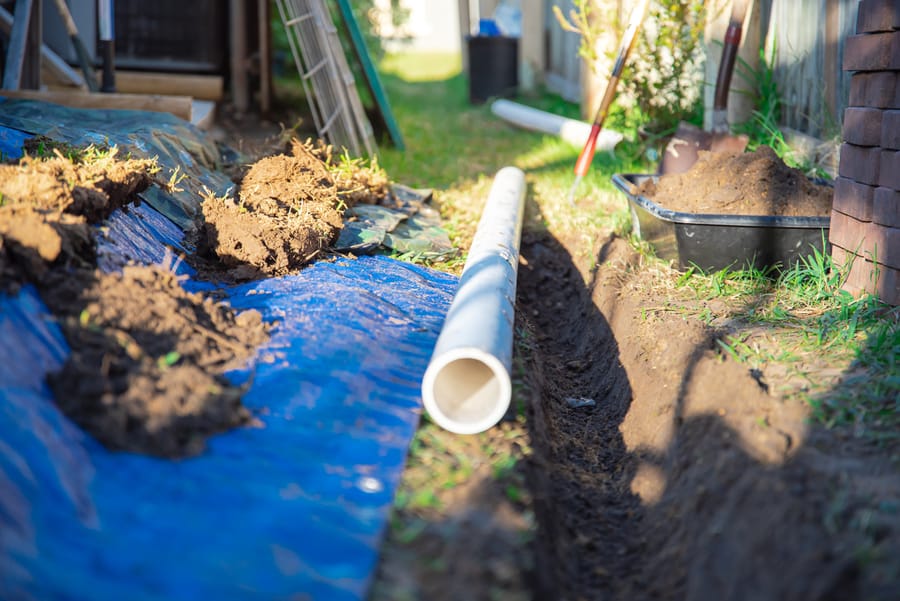
How Soil Shifting in North Texas Impacts Sewer Lines and Drains

Gas Line Safety in Texas Homes: What to Do Before Cold Weather Arrives

Inside a Plumbing Inspection: What We Check and Why It Matters
